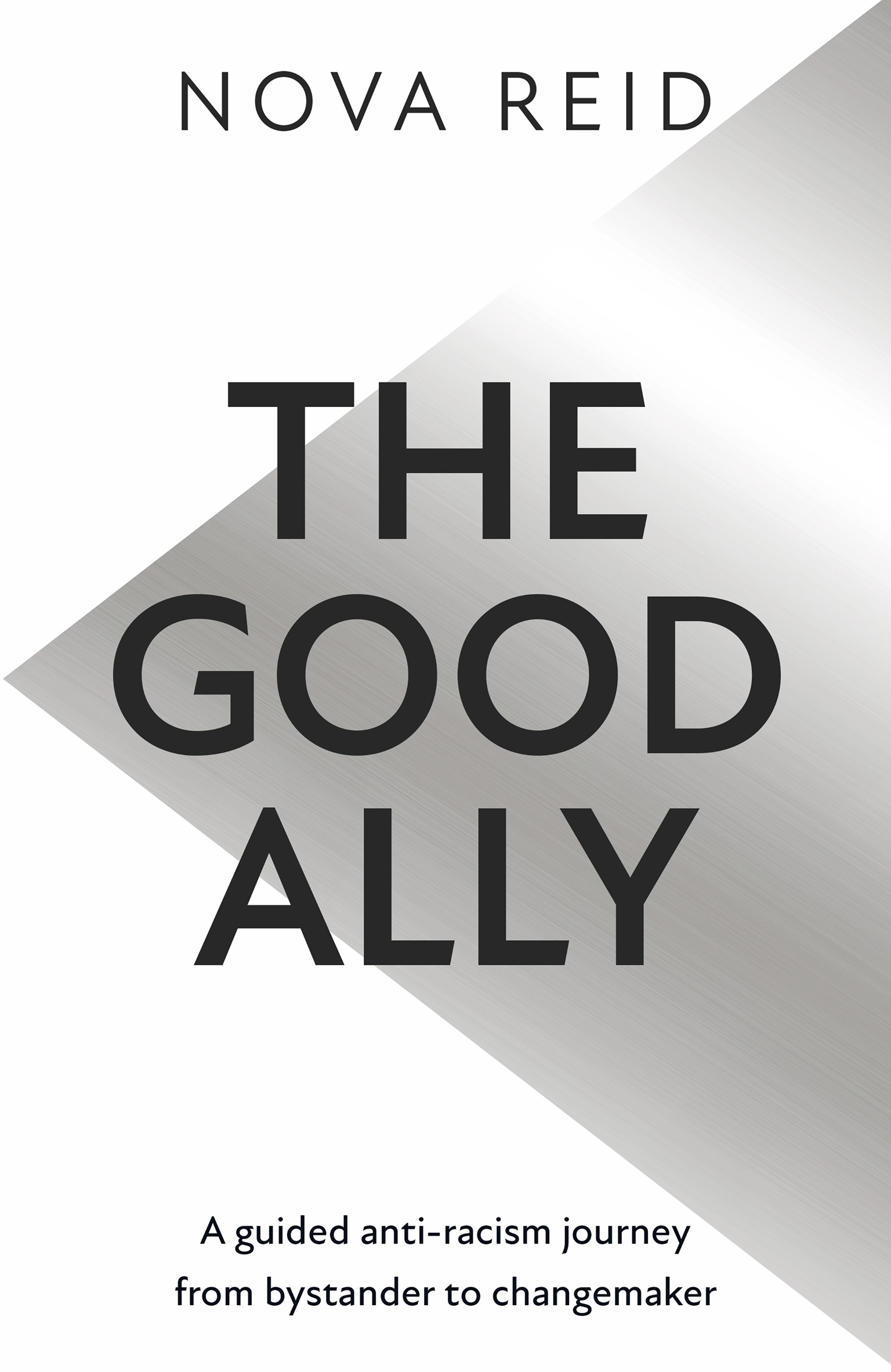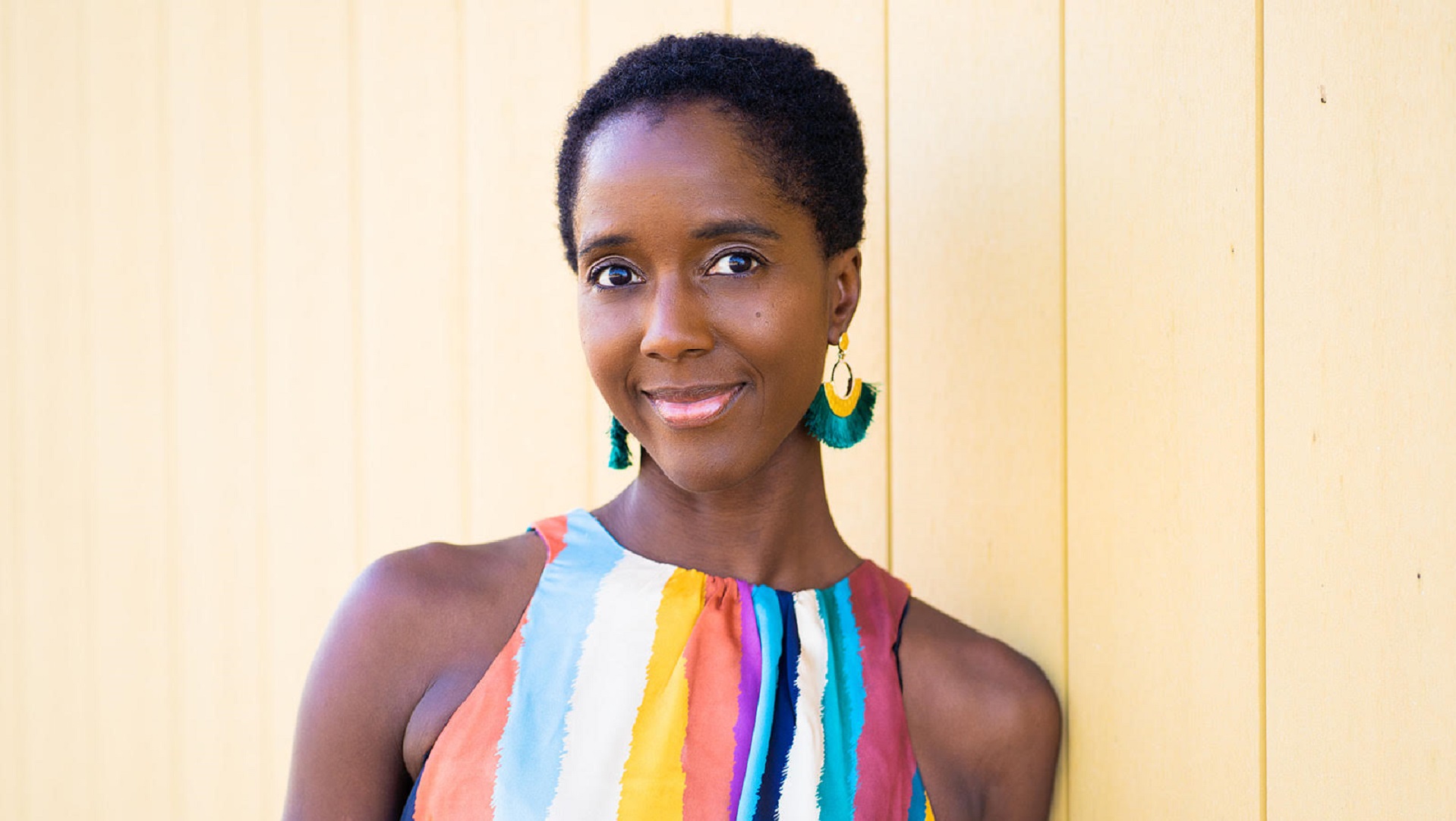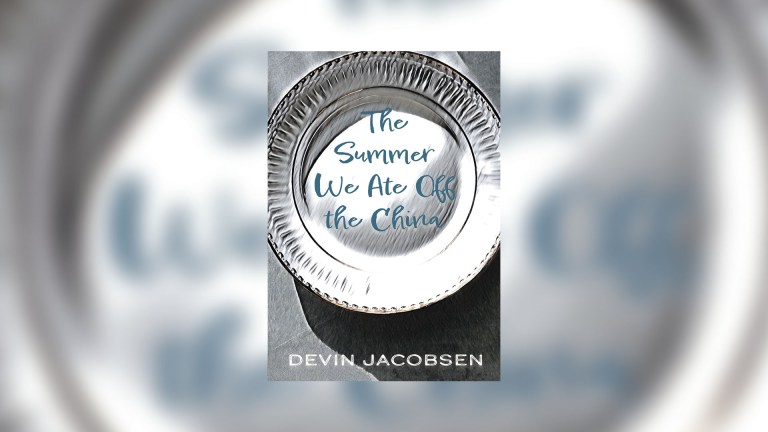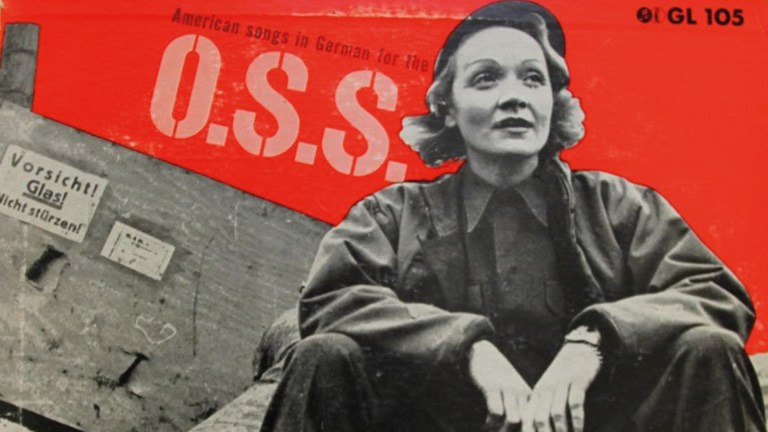I wrote The Good Ally to help people truly understand racism beyond an overt act of hate. Beyond semantics and victim blaming, to take responsibility so we can instead focus our efforts on seeking out the truth. Then we can finally start to address racism, rather than continue to inflict harm on one another and reproduce it. The trouble is, seeking out the truth can be painful and Britain’s global and firm role in racism is pretty ugly. So being anti-racist IS confronting and WILL feel uncomfortable. There’s no avoiding it.
Racism is built on so many lies that in order for us to be anti-racist, we absolutely have to start being honest with ourselves and one another. That means choosing to take responsibility for our own complicity and claiming all of our collective history, not just the parts that are sanitised to make us feel good.
For centuries, racism was a cultural norm. In fact, it was firmly embedded in English law. As such we have been taught to uphold and maintain destructive systems of oppression as the default, without question. We’ve been conditioned to go along with that powerful current because it’s easier than swimming in the opposite direction or, worse still, drowning.

To be truly anti-racist, to be able to withstand and do this work without experiencing regular burnout, you will need to be self-aware and embed and prioritise self-care (which is why I wrote a chapter about this in my book). I would not be able to do this work without it. You also have to be honest with yourself about whether you currently have the emotional and psychological capacity to engage, only you can be responsible for that.
Anti-racism work is about unlearning discrimination that has been normalised; consciously and continuously disrupting the status quo, in society, in work, in others and ultimately in yourself. That WILL feel uncomfortable. It may even feel discombobulating; you are going to feel guilt and, most probably, shame.
So when it feels tough, when you want to stop, that is when you should slow it down and turn up the curiosity dial, to lean in a little closer and lean into the truth about what is really making you want to disengage. Disengaging from tough conversations is easy, staying with the discomfort is where we build resilience and where we are most likely to make important breakthroughs.










